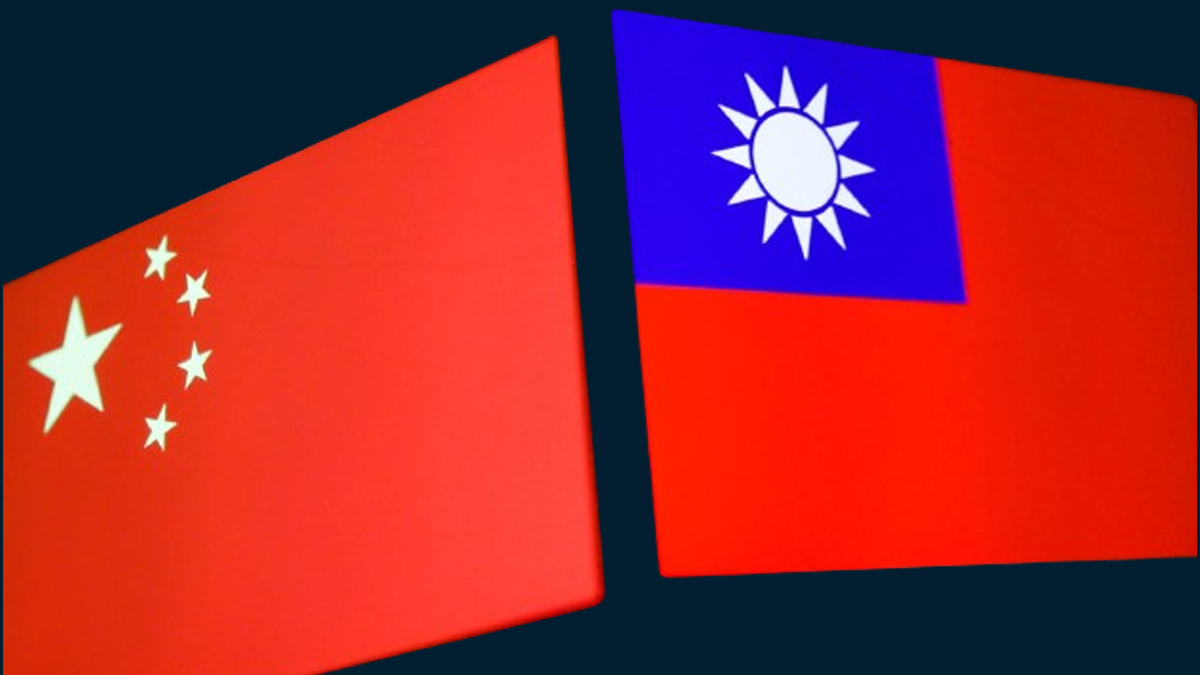China warned Japan on Friday that it should be prepared “to pay a heavy price” if it interferes with Beijing’s plans for Taiwan, the self-ruled island that China considers a breakaway province destined for reunification, by force if necessary.
The warning came from China’s embassy in Tokyo following a visit to Taiwan this week by a bipartisan group of Japanese lawmakers, including former Defense Minister Shigeru Ishiba, who is seen as a potential candidate for Japan’s next prime minister. During the visit, Ishiba discussed with Taiwan’s President Lai Ching-te the importance of maintaining peace in the Taiwan Strait by increasing deterrence against Chinese aggression.
At a press conference held at Taiwan’s Foreign Ministry on Wednesday, Ishiba emphasized that Taiwan and Japan agree on the need to enhance their resistance to China’s rising threats. He referenced a saying in Japan, “today’s Ukraine may be tomorrow’s East Asia,” underscoring the urgency of demonstrating strong deterrence to prevent a conflict similar to the ongoing war in Ukraine.
Although no specific plans were disclosed, both sides agreed to increase the frequency of exchanges on security issues. Lai reiterated Taiwan’s commitment to strengthening its national defense and economic resilience, aligning with democratic partners to safeguard regional peace and stability.
China’s stern warning is not its first. The embassy in Tokyo had issued similar warnings earlier this year after reports surfaced that the Japanese and U.S. militaries had identified China as a hypothetical adversary during joint exercises.
Japan, while not maintaining formal diplomatic relations with Taiwan, continues to support the status quo between Taiwan and China. The visit by Japanese lawmakers, however, underscores the growing concern within Japan over China’s actions in the region, particularly as Japan moves away from its pacifist post-World War II stance, including plans to double defense spending by 2027.
The political implications of the visit are significant as Japan prepares for a leadership transition. Ishiba is considered a leading contender to succeed Prime Minister Fumio Kishida, who announced that he would not seek re-election as leader of the Liberal Democratic Party (LDP) in September. Ishiba has expressed willingness to run for the post if he gains the support of his peers.
As Japan navigates its relationship with China amid rising tensions over Taiwan, the international community watches closely, aware of the potentially far-reaching consequences of any escalation in the Taiwan Strait.














Comments